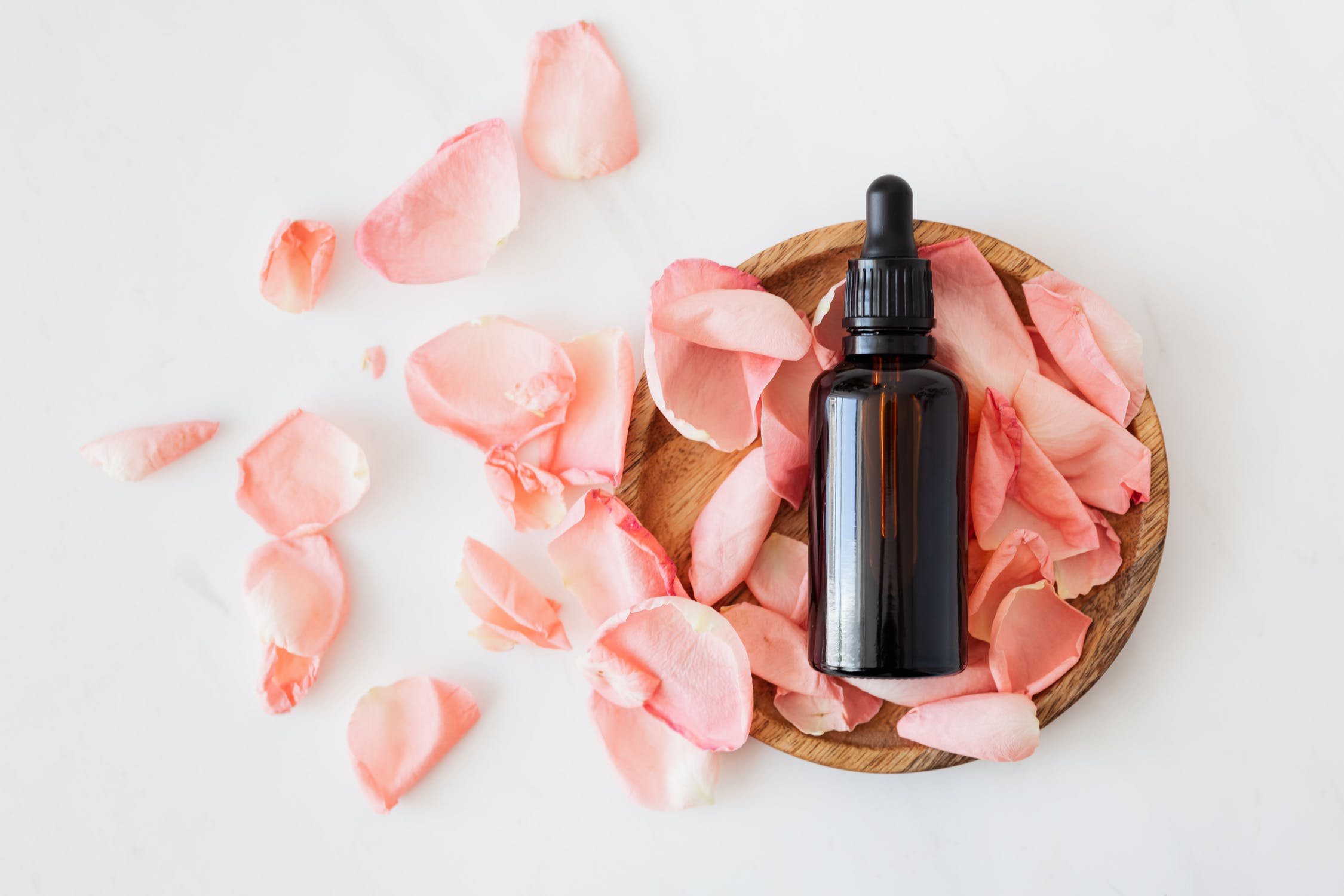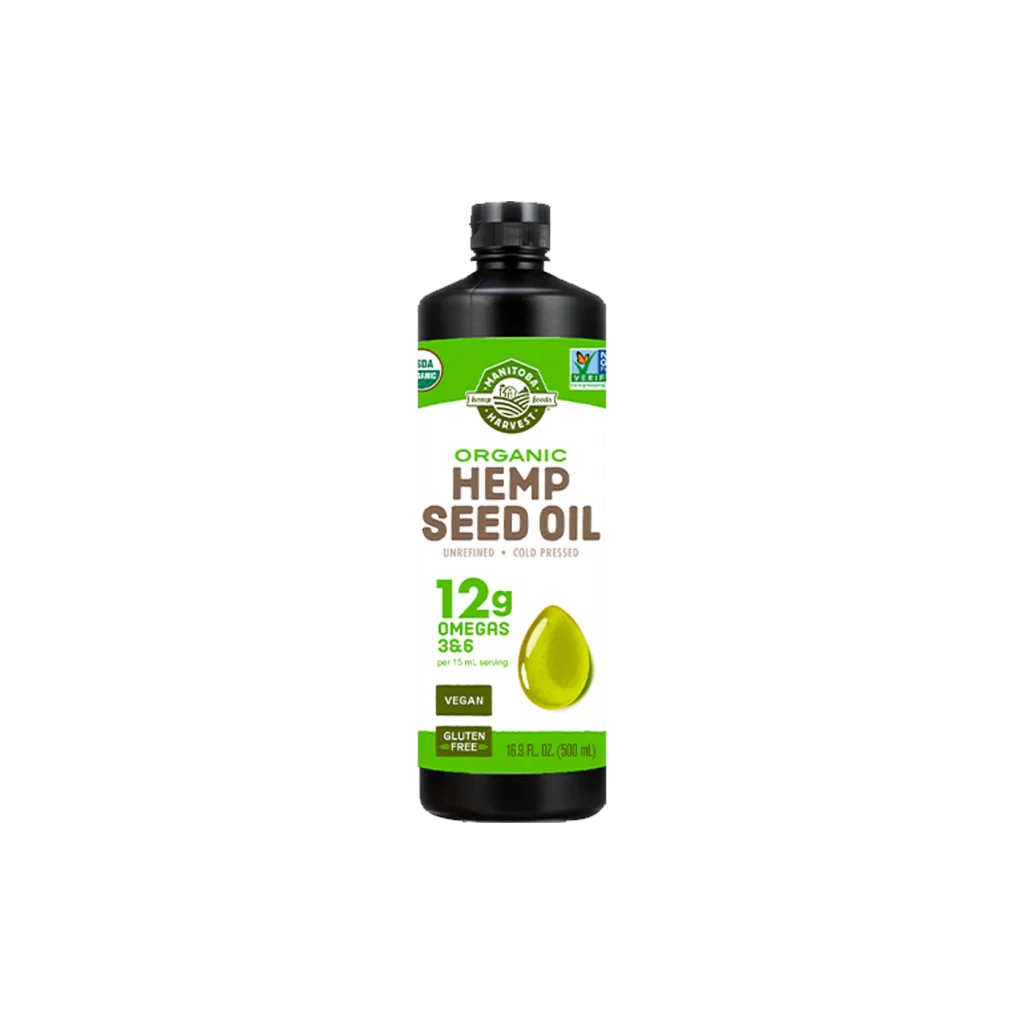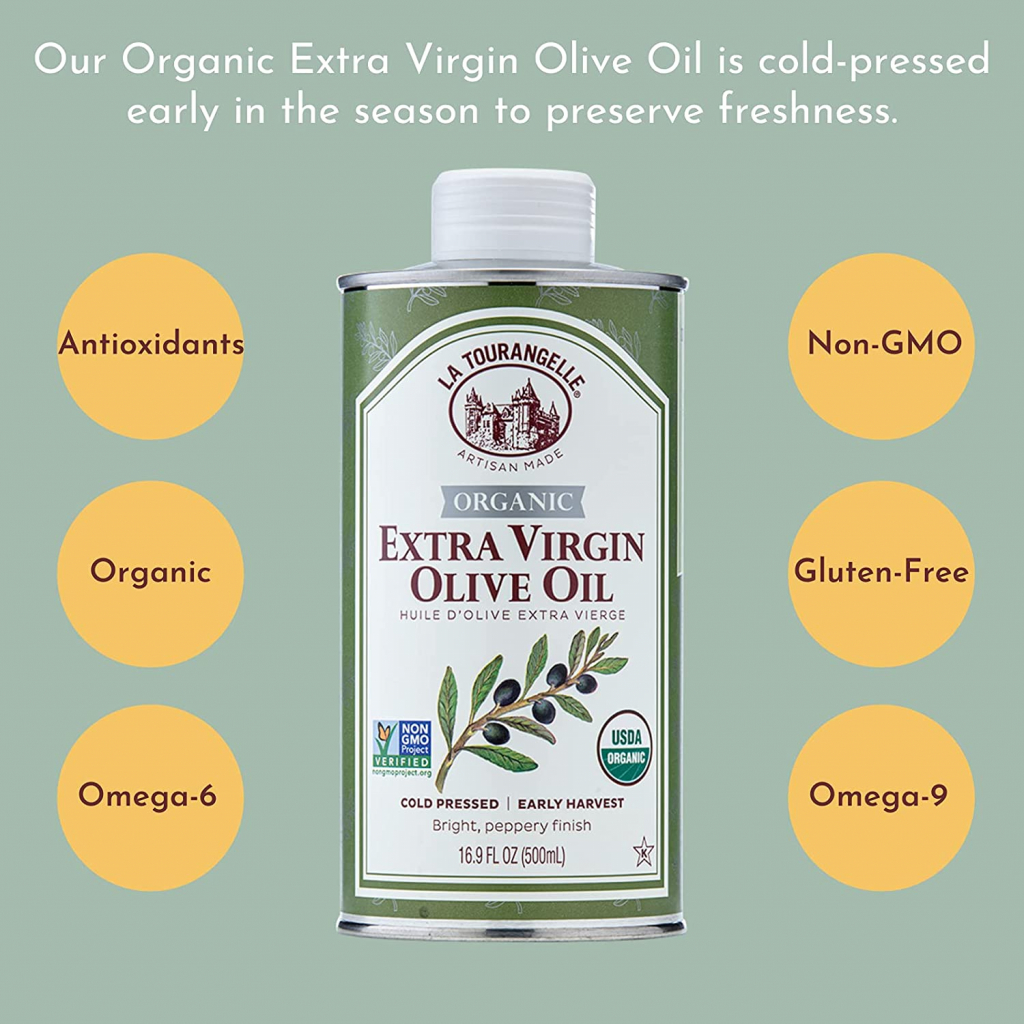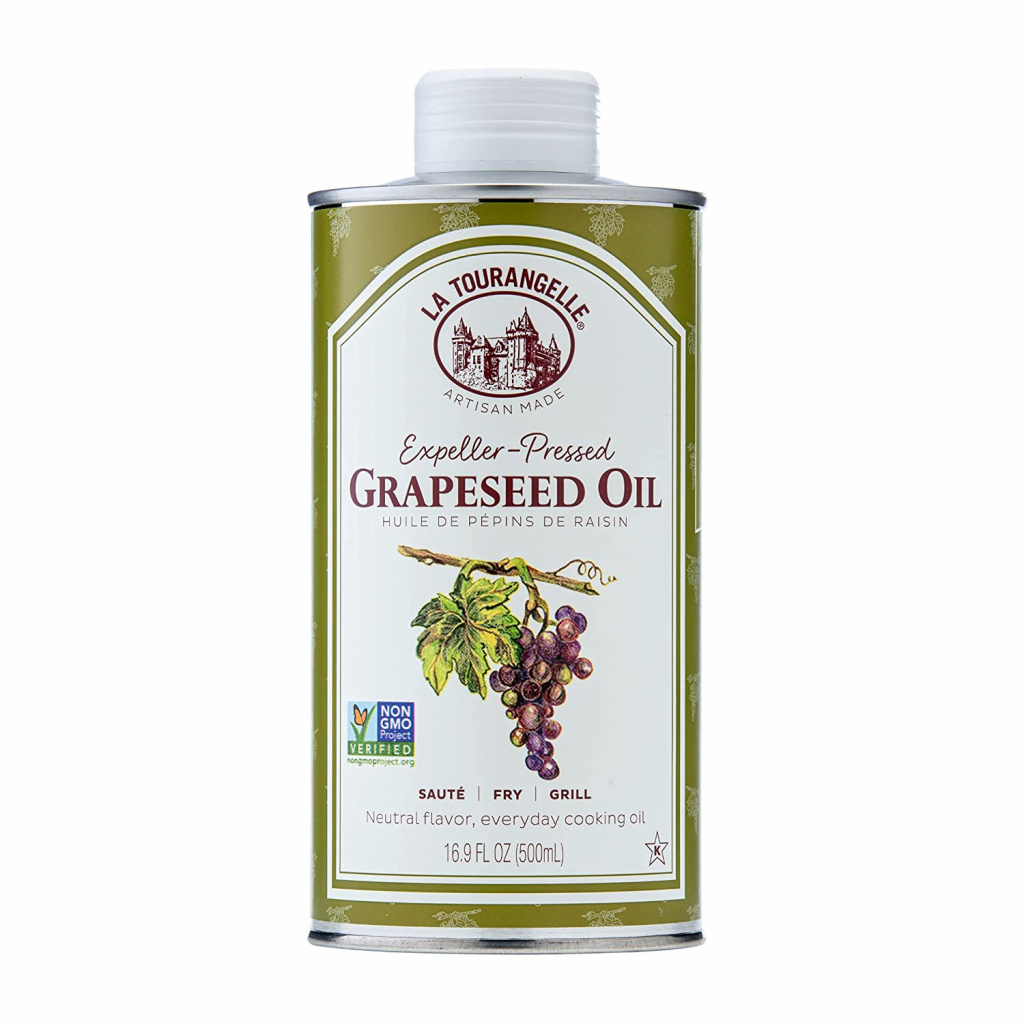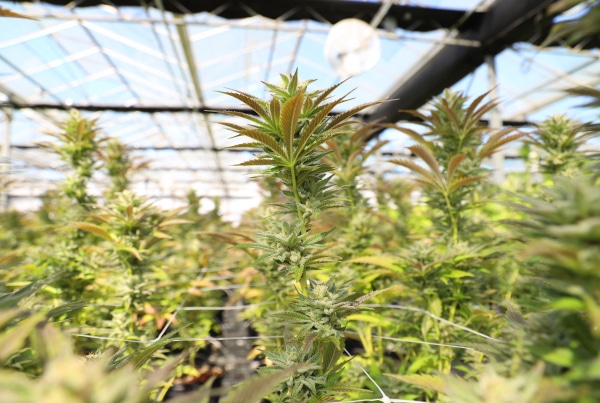A good CBD product has many components, including the CBD itself, companion cannabinoids, terpene blends, and flavor additives. However, one major component that can’t be overlooked is the CBD carrier oil.
After all, the carrier oil is often the first ingredient in most CBD products, meaning it makes up a pretty large percentage of the total formula. It also impacts each CBD product’s flavor, absorption, consistency, and cost. You may be surprised to learn that many different oils can be used to suspend CBD in tinctures, softgels, and topicals. The type of carrier oil used changes based on what the product is trying to achieve and its intended use.
What’s that mean for you?
It means you need to know your stuff if you want to choose the most effective CBD formula to meet your needs. Here, we’ll break down all of the most popular CBD carrier oils and when they are the best choice so that you can choose a formula that works for you.
First, though, let’s start with the basics:
What is a Carrier Oil?
A CBD carrier oil is an oil used to suspend the CBD molecule and improve absorption in the body. CBD products aren’t the only type of products that use carrier oils–the practice is common and used in almost all wellness and topical supplements.
Typically, carrier oils are a plant or nut-based oil, like coconut oil or hemp seed oil, that offer a mild flavor and potentially even some nutritional benefits. Different carrier oils have different flavors, which is why some people prefer one over others. Some companies may also use a blend of different carrier oils to achieve different flavor profiles or nutritional benefits.
Although different oils are used in various formulations, you’ll find carrier oils in oral CBD products and topical CBD products.
Does CBD Need a Carrier Oil? (& why)
Technically speaking, CBD does not always require a carrier oil, though an oil is necessary for almost all forms of CBD. The exception to the rule is a CBD isolate powder or other powdered products that may be free of carrier oils.
In most cases, though, CBD products contain a carrier oil. This is true for nearly all oral and topical products. There are many reasons why CBD products need to contain carrier oils, like:
Ease of Use
First and foremost, CBD is suspended in an oil to help adjust the potency of a pure CBD extract. Because CBD extract can be highly potent, a regular dose may be too small to measure. By adding it to a food-safe carrier oil, manufacturers can produce a product that is easy to measure consistently. This allows you to measure half doses, double doses, or other incremental doses more efficiently to give you more control over your CBD dosing routine.
Aiding Absorption
CBD is fat-soluble, meaning fat is required for the body to break it down and use it. For this reason, manufacturers often use a rich source of healthy fats, like MCT oil from coconuts.
If CBD products did not contain fat, you’d need to make sure you took some source of healthy fats alongside your CBD dose. Otherwise, the CBD could pass right through you and go to waste.
Protecting Cannabinoid Integrity
Cannabinoids are volatile when left exposed. In other words, they are sensitive to temperature, sunlight, and other elements and can quickly degrade over time. Carrier oils help protect CBD from the elements and create a product with a longer shelf life. Of course, you still need to store CBD products in a cool, dark place to keep them fresh for as long as possible.
Increasing Nutritional Benefits
Some CBD products target specific health benefits, and carrier oils can help achieve these effects by supplying different vitamins, antioxidants, minerals, and more.
Altering the flavor
It’s no secret that different oils taste different, and manufacturers often use that to their advantage when creating different CBD products. For instance, an oil with a deeper flavor could be used to create products with a dark chocolate flavor profile, while mild tasting oils are often chosen for naturally flavored products. The flavor profile you choose is totally based on preference, although some carrier oils are easier to find than others.
Safety & Precautions
You can essentially mix CBD with any food-safe oil to create safe CBD products, but there are some things to pay attention to when choosing the best CBD carrier oil for you. Notably, some oils contain allergens (think coconut or tree nut allergies) that can be hazardous for some people. Plus, low-quality oils spoil faster and can cause digestive upset, especially in large doses.
Oils can go rancid, too, but you should be able to identify this issue by smell. Some products also contain more than one carrier oil, which can be misleading if you aren’t careful about reading the label. In general, you should make sure you check out the entire ingredient list before purchasing a product to make sure that the carrier oils meet your needs and dietary restrictions.
Also, pay attention to other essential quality aspects, like the quality of the CBD itself, the type of formula used, and the brand’s lab-testing process to assure the safety and quality of the final batch. Check out our CBD product reviews to cut out some of the footwork.
What’s the Best Carrier Oil for CBD?
The best carrier oil for CBD products is often MCT coconut oil. It offers a mild flavor and assures a specific composition of essential fatty acids necessary to aid CBD’s absorption. Of course, hemp oil is another highly nutritious, natural option used in many CBD products.
Ultimately, the carrier oil is essential, but the quality of the CBD and absence of contaminants can overshadow the type of carrier oil used. Be sure to pay attention to all facets of a product’s quality when choosing the best CBD oil for you.
If you are allergic to coconut oil or want a CBD product with a different flavor profile, there are multiple other carrier oil options to choose from. Let’s break down the most common options:
1) MCT Oil: The Best Carrier Oil for CBD
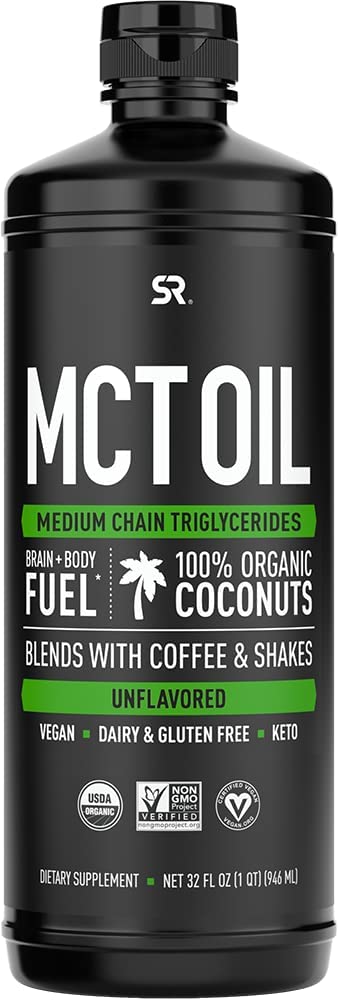
MCT oil (or medium-chain triglyceride oil) is the most popular carrier oil used to make CBD products. MCT oil can be derived from multiple sources, like palm oil or coconut oil, but coconut oil is much more sustainable.
This carrier oil is thin and easy to measure while providing a potent dose of essential fats and antioxidants. MCT oil offers a mild flavor that’s palatable and versatile, meaning it can be used in products that need to take on delicate or intricate flavor profiles. Because MCT molecules are small, they can help quickly deliver CBD to the body.
This is hands down the most accessible type of carrier oil to find, and you’ll find it in topical and oral CBD products.
Pros:
- It can hold a lot of CBD
- Quick absorption
- Mild flavor profile
- Highly accessible
- Cost-effective
- It can be an eco-friendly option
Cons:
- Low nutrient profile
- May pose an issue for those with coconut allergies
2) Avocado Oil
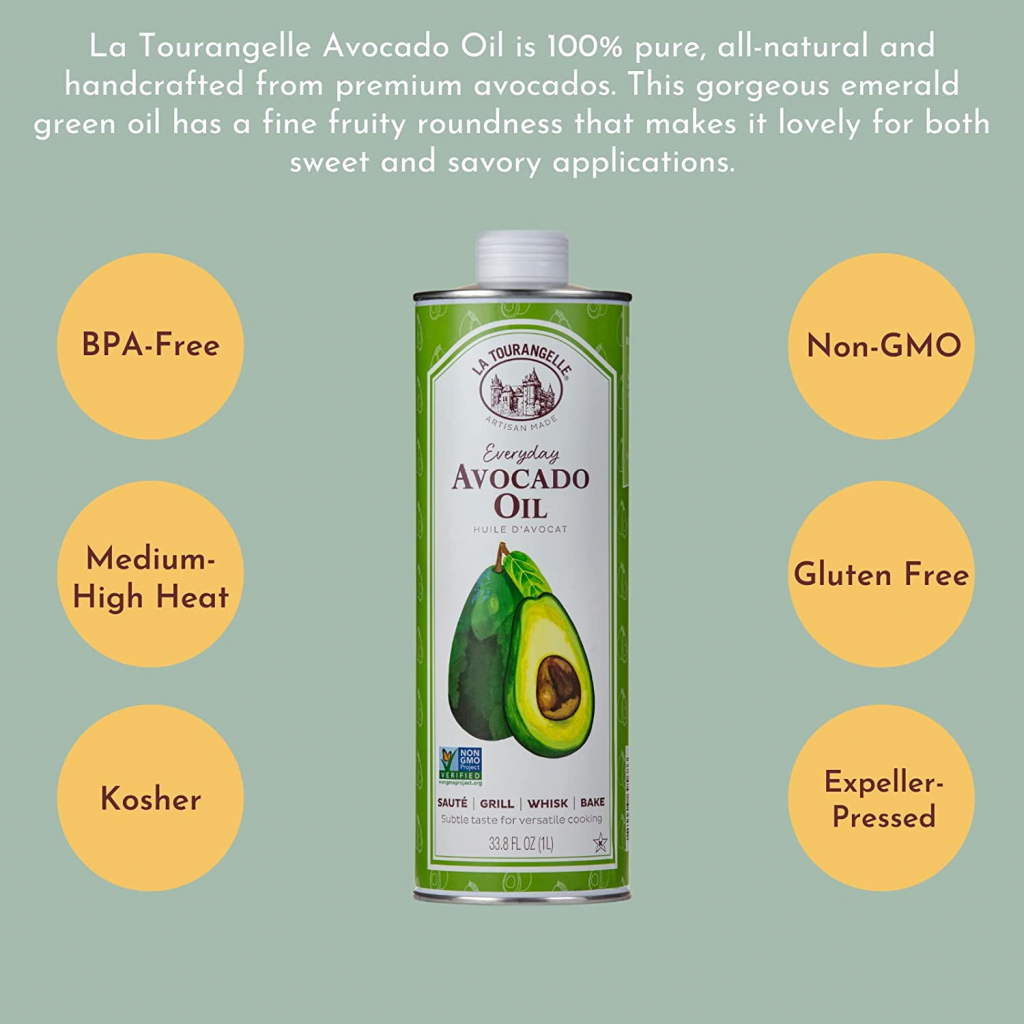
Avocado oil is a thick carrier oil that’s gained some traction as the health benefits of avocados have become more recognized. Avocado oil can provide a hefty dose of vitamins and essential fats as a carrier oil. However, it’s a thicker oil that’s more difficult to measure than coconut oil, so it’s a more popular option for topical products.
Pros:
- A light, nutty flavor
- Luxurious feel for topical products
- High in vitamins and antioxidants
- Absorbs into skin quickly
Cons:
- Thicker and more challenging to measure than coconut oil
- One of the more expensive options
- Can be difficult to find in store
3) Hemp Seed Oil
Hemp seeds are primarily made up of oil, although the oil contains little to no cannabinoids. It does, however, contain a potent dose of healthy fats and a range of vitamins and antioxidants.
Some sources suggest that hemp seed oil can help manage inflammation, although there’s no evidence to compare the efficacy of these benefits to the potential anti-inflammatory benefits of other oils. Still, many people prefer this as a more “natural” option since hemp oil is a byproduct of the CBD production process. This is also the most common carrier oil found in full-spectrum products because it’s thought to potentially boost the entourage effect between cannabinoids.
Pros:
- High in antioxidants and essential fats
- May boost hemp’s entourage effect
- Cost-effective
Cons:
- A stronger flavor that’s unpleasant to some people
4) Olive Oil
Olive oil is a less common carrier oil for CBD products, although it may be easier to find in topical products. This is a thicker carrier oil that can be more difficult to measure when used to make oral products, although the light, nutty taste is favorable for some people. This is also a popular option for some people who want to avoid certain allergens, like coconut or nut-derived oils.
Pros:
- Plenty of vitamins and antioxidants
- May have additional benefits for heart health
- Mild flavor
Cons:
- Slower absorption
- Difficult to measure
- Holds less CBD than other carrier oils
5) Grapeseed Oil
Grapeseed oil is another light-tasting oil that’s recently increased in popularity thanks to its potential health benefits. However, it doesn’t have a great saturated fat profile, which makes it a more popular choice for topical CBD products. Still, it’s a nourishing option that’s useful for most topical applications, including for those who may be allergic to other nut-based topical oils.
Pros:
- Moisturizing and high in vitamin E
- Rich in antioxidants
- Absorbs quickly, not greasy
Cons:
- Not great for oral products
- Slow absorption when ingested
- Harder to find
Conclusion
Carrier oils are found in almost all CBD products (save for isolate powder and other powder products) because they make products easier to dose and aid in the absorption of CBD. Different CBD carrier oils have different properties, like different flavor profiles, nutrients, and absorption rates. You’ll find that some carrier oils, like olive oil and avocado oil, are primarily used for topical products because they are thicker and not suitable for a tincture or other dose that needs to be carefully measured.
In most cases, the best CBD carrier oil is MCT coconut oil because it can be absorbed quickly, is cost-effective, and has a mild flavor profile. You can find a wide range of different CBD tinctures, softgels, and more that are made with premium MCT coconut oil, usually at very accessible prices.
FAQ:
Is CBD a Carrier Oil?
No, CBD is not an oil, although it is a fat-soluble molecule. For this reason, it requires oil to be broken down and absorbed in the body. You’ll often find CBD products made with MCT coconut oil, hemp seed oil, or another high-quality carrier oil.
How to Mix CBD Oil with Carrier Oil?
Most CBD products already include a carrier oil. If you want to take your CBD dose with an oil, the best option is to buy it pre-made with a high-quality carrier oil since the CBD will already be evenly dispersed throughout the product. If you prefer, you can mix CBD isolate powder into an oil by first measuring your dose and then adding a few drops of your oil of choice. Alternatively, you can learn to make CBD oil from scratch.
Can hemp oil be used as a carrier oil?
Yes! Aside from MCT coconut oil, hemp oil is the most popular carrier oil used in CBD products. Hemp oil is a rich source of fatty acids that are naturally produced during the CBD manufacturing process, so many CBD products will contain some amount of hemp oil.
Can you use olive oil as a carrier oil?
Yes, olive oil is another possible, although less common option for CBD carrier oils. Many people prefer the flavor profile and mouthfeel of olive-oil-based products, although the thicker consistency can make it more difficult to measure.

